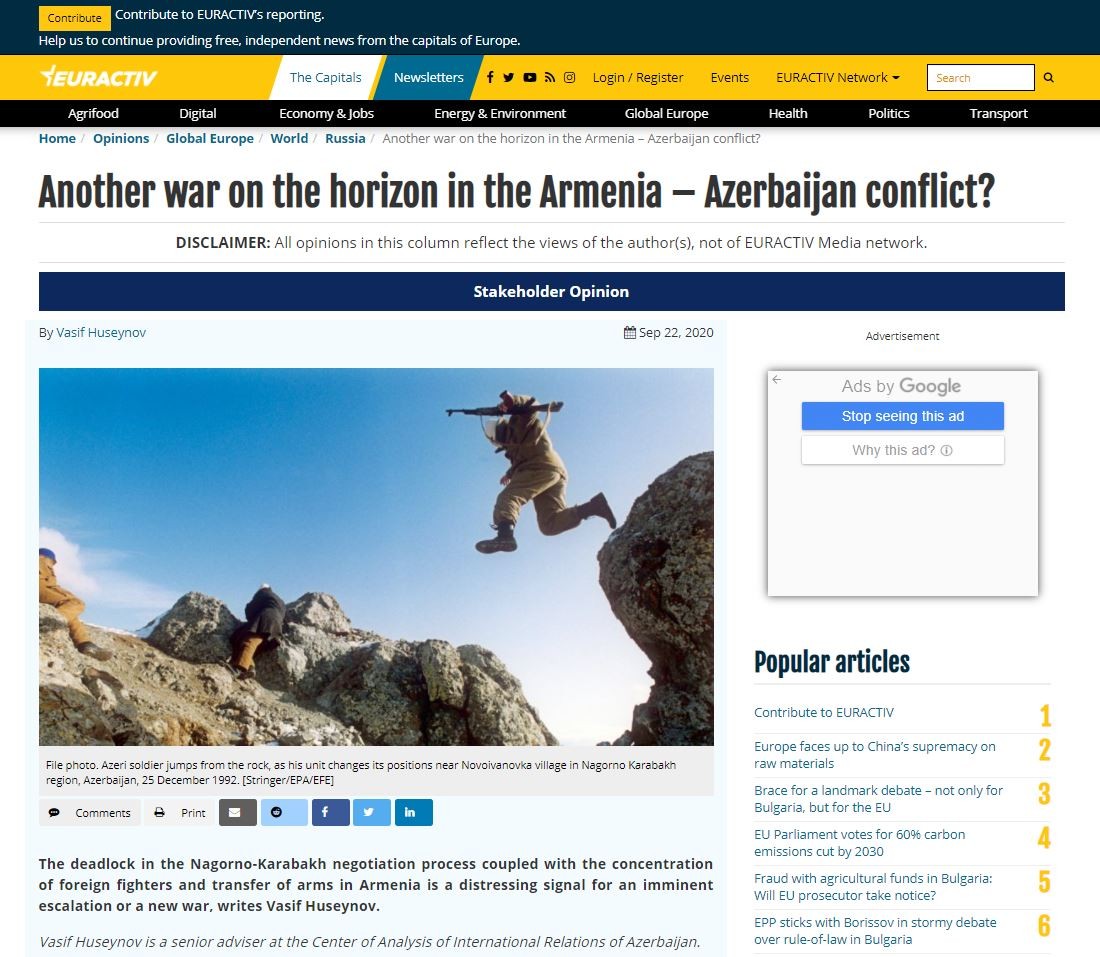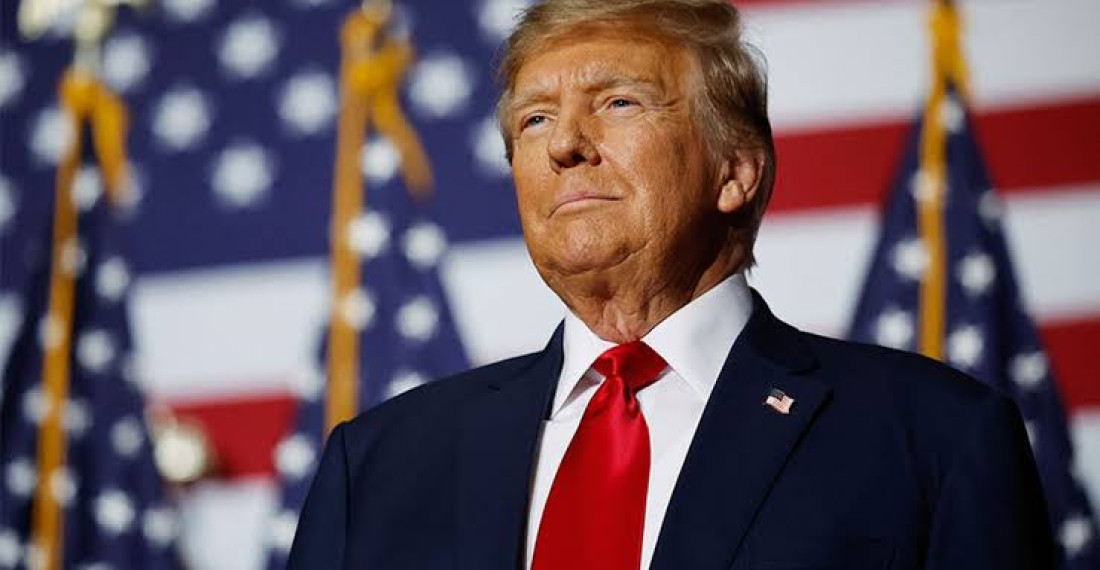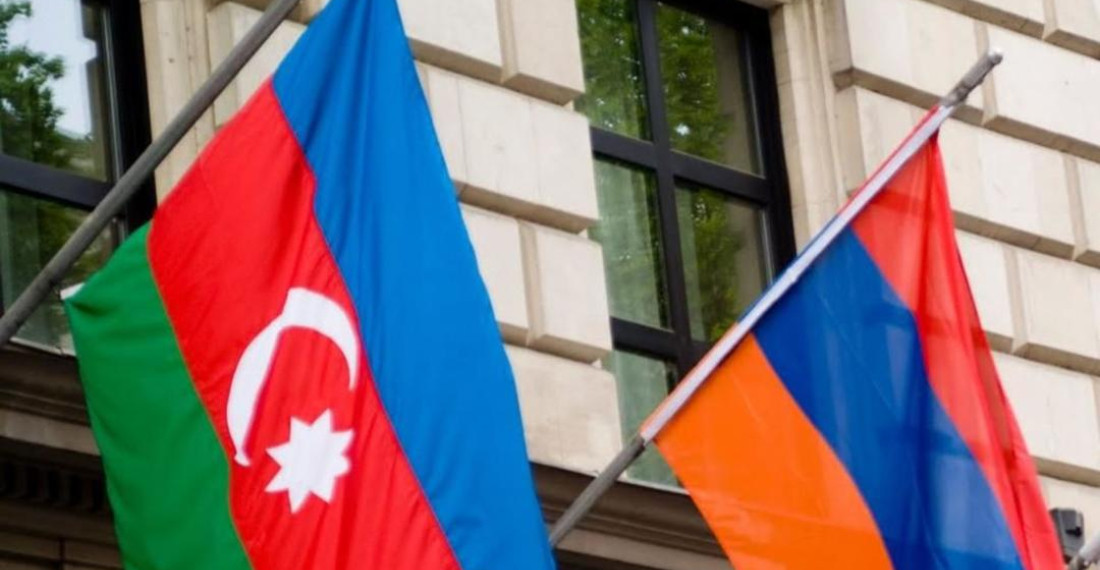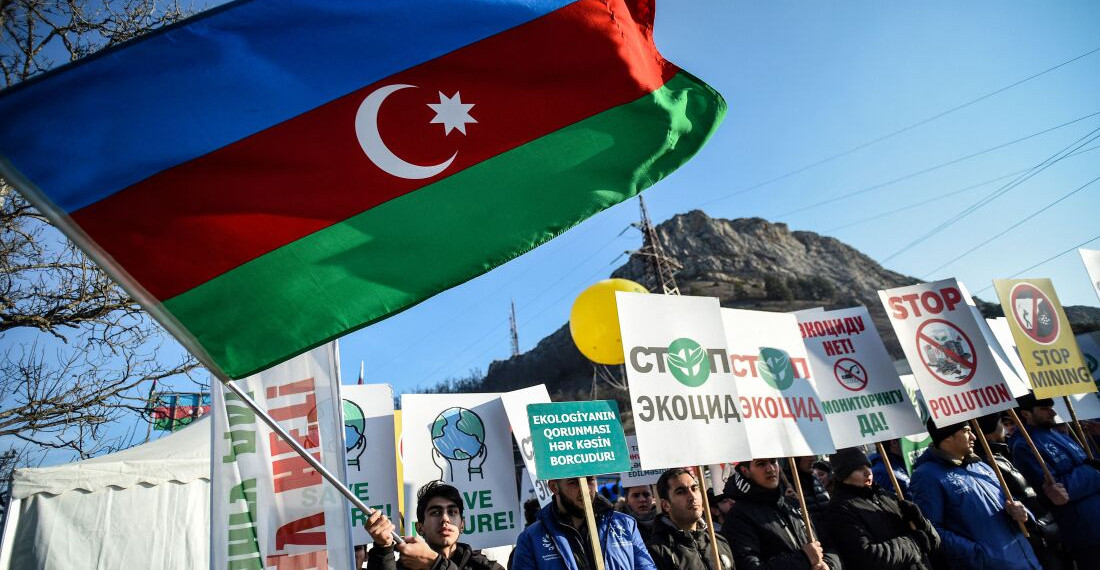The deadlock in the Nagorno-Karabakh negotiation process coupled with the concentration of foreign fighters and transfer of arms in Armenia is a distressing signal for an imminent escalation or a new war, writes Vasif Huseynov.
Armenia is “preparing for a new war. They are concentrating their forces near the line of contact… We follow their actions. Of course, we will defend ourselves”, said Azerbaijan’s President Ilham Aliyev in an interview with local television channels on 19 September.
A day after this statement, tensions rose markedly on the state border between Armenia and Azerbaijan.
As a result of this escalation, according to the report shared by the Defense Ministry of Azerbaijan in the morning of 21 September, an Azerbaijani soldier was killed by the armed forces of Armenia in the Tovuz direction on the Armenia-Azerbaijan state border.
A day before this incidence, the Azerbaijani army downed an Armenian unmanned aerial vehicle (UAV), the country’s Defense Ministry announced.
Although the official statement did not reveal where the UAV was downed, the local media reported it to have taken place in Shamkir province of Azerbaijan in the neighbourhood of Tovuz region where deadly clashes flared-up in July with up to 20 military servicemen on both sides and an Azerbaijani civilian being killed.
“Recently, there has been an increase in cases of gross violations of the ceasefire by the units of the armed forces of Armenia, regular shelling of our public settlements, civilians, and infrastructure near the line of contact, the use of larger-calibre weapons, reconnaissance-sabotage activities against the positions of our units, as well as the widespread use of unmanned aerial vehicles (UAV) have led to a serious aggravation of the situation on the frontline,” the statement of the Ministry added.
This happened against the backdrop of the news reported by the Egyptian news website cairo24.com about the transfer of terrorist groups of the Kurdistan Workers Party (Partiya Karkerên Kurdistanê – PKK) and People’s Protection Forces (Yekîneyên Parastina Gel—YPG) to Armenia using the transit route of Syria, Iraq and Iran.
Since the July clashes, Azerbaijan has been warning also about Russia’s shipment of tons of arms to Armenia through a complex transportation route using the Caspian littoral states’ airspace, as the shorter route via Georgia was not available owing to the objection of the Georgian government.
Condemning this cooperation between Armenia and its external supporters, President Aliyev declared that the cargo flights carrying arms from Russia to Armenia persisted in the early September, adding that this “possesses the existential threat to Azerbaijan because using these weapons… [Armenians] kill our military servicemen, they kill civilians”.
This confrontational environment in the relations between Armenia and Azerbaijan was provoked by the admitted failure of negotiations between the sides. The peace process brokered by the Minsk Group of the OSCE, co-chaired by Russia, France and the United States, has failed to deliver a breakthrough for the last three decades.
Armenia’s rejection of the Madrid Principles, a conflict settlement formulation proposed by the Minsk Group and was long championed by the peacebuilding regional and international players, was seen as the final nail in the coffin of negotiations.
Azerbaijan laments that Armenia has abused the peace negotiations to consolidate its control over the occupied territories of Azerbaijan instead of embracing it as a historic chance to resolve the longstanding conflict and putting an end to the consistent bloodshed in the region.
As an attempt to revitalize the negotiations and confront the dangerous dynamics in the conflict following the July escalation, the Azerbaijani government called for the meeting of the Minsk Group in an extended format which would include not only the Co-Chairs but also other members of the 11-state institution.
Armenia in its turn put forward seven conditions for negotiations, further complicating the process. These conditions, which were an apparent attempt to derail negotiations completely, included elements, such as the participation of the occupational regime in the occupied Nagorno-Karabakh as a full-fledged party in the negotiations, which were previously rejected by both Azerbaijan and the OSCE’s Minsk Group.
This deadlock in the negotiation process coupled with the concentration of foreign fighters and transfer of arms in Armenia is a distressing signal for an imminent escalation or a new war as President Aliyev warned.
Azerbaijan hopes the international community, including the European Union, will immediately react, prevent the resumption of military hostilities and push for substantive negotiations between the two conflicting states.








